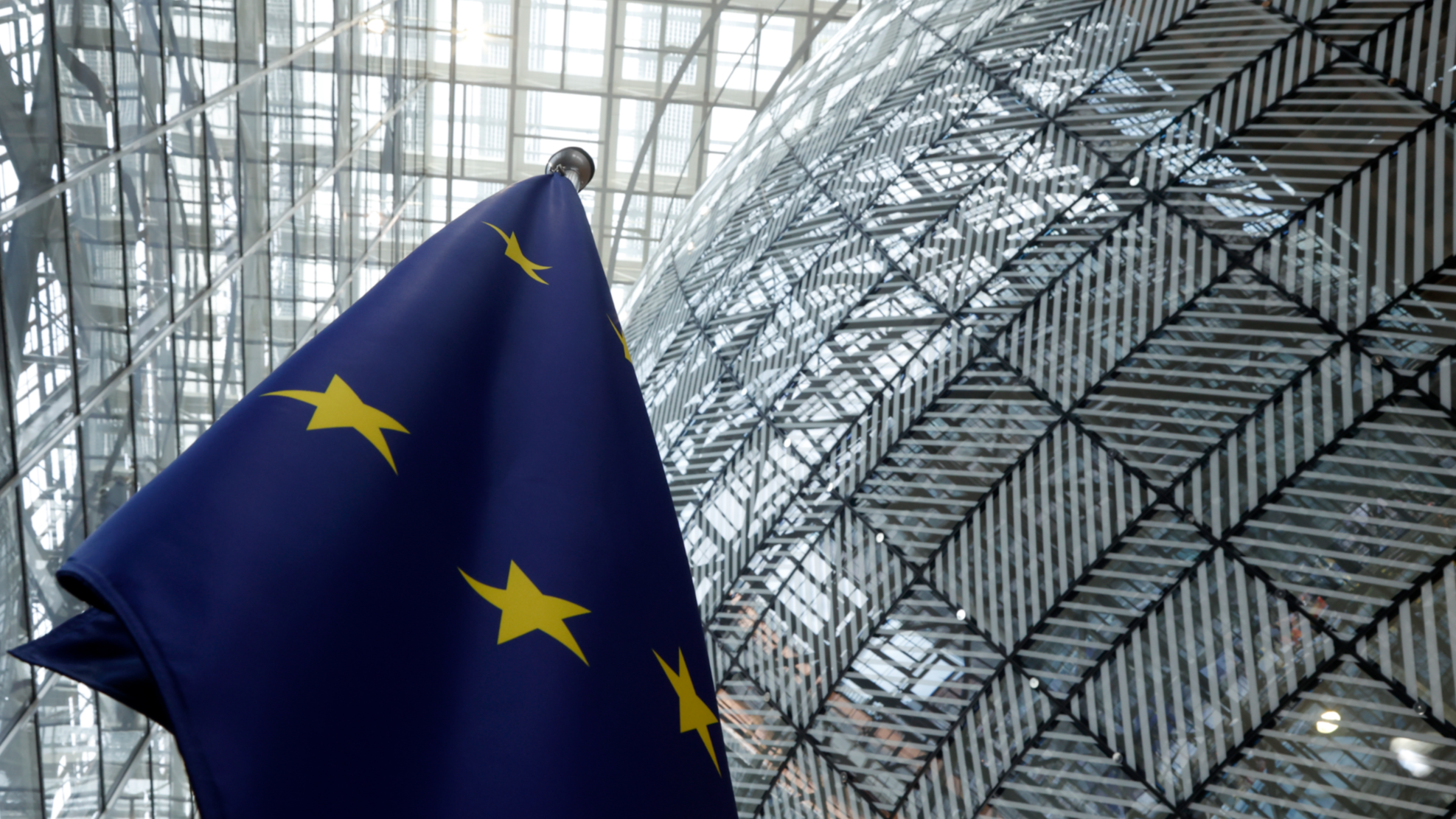
The European Union is reviewing the extent to which companies can be held liable for environmental and human rights breaches in their supply chains, ahead of a package designed to remove red tape from the bloc’s ESG regulatory framework.
The European Commission, the EU’s executive branch, will try to better align reporting standards across the three main pillars of its environmental, social and governance rule-set later this month. Plans to cut reporting requirements — especially for small and medium-sized companies — have been well-flagged, but officials are now also looking at ways to ease rules that require firms to clean up their value chains under the Corporate Sustainability Due Diligence Directive, or CSDDD.
“Civil liability is one of the topics we are looking at,” said Valdis Dombrovskis, the commissioner in charge of the EU’s push to simplify regulations. We are assessing “what kind of legal certainties companies are having, how many layers up and down the value chain they should actually be monitoring and able to influence.”
ALSO READ: EU pledges 200 bln euros for new AI investment initiative
Businesses operating in the EU have complained that the legal liability they face under CSDDD represents an unacceptable risk. At the same time, activists defending environmental and human rights causes hold the directive up as an example of what ESG rules should aspire to. As the framework currently stands, CSDDD infringements could result in fines of as much as 5 percent of a firm’s global revenue.
Cutting red tape is one of the biggest priorities for the EU. The commission is due to present its first so-called simplification omnibus on Feb 26, in which it will address several pieces of ESG legislation at once. Besides CSDDD, the omnibus will target the EU’s Taxonomy Regulation and the Corporate Sustainability Reporting Directive.
Dombrovskis said that the package would likely also include adjustments to the EU’s Carbon Border Adjustment Mechanism. Wopke Hoekstra, the EU’s climate commissioner, said that 80 percent of companies would be exempt.


